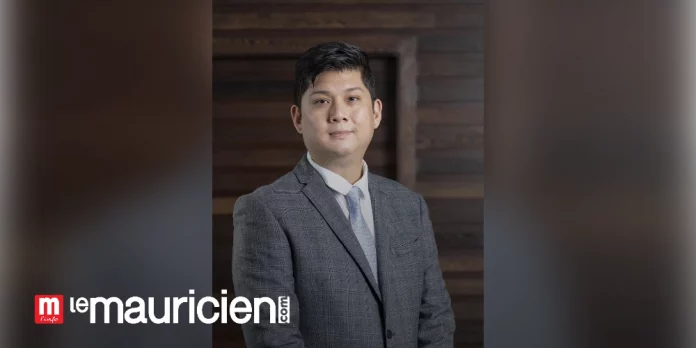•From Wall Street to Port Louis, bridging U.S. capital with Africa’s frontier markets
•The COO of Stewards Investment Capital on Nasdaq ambitions, innovation, and Mauritius’ unique financial edge
♣FAVO Capital is in the process of uplisting from OTC to Nasdaq. What does this transition signify for Stewards?
The Nasdaq (short for National Association of Securities Dealers Automated Quotations) is a major U.S. stock exchange known for its technology-focused listings and electronic trading platform. It is the paramount of global capital markets where fortunes are minted, and a rite of passage for the modern billionaire. There are around 3,300 companies listed on the Nasdaq with only around 150 new entrants admitted every year. From the Stewards perspective, this is a natural progression that any company wishing to play on the world stage as we do.
♣You recently returned from a visit to FAVO Capital’s offices in New York and Florida. What were your key takeaways from these engagements?
I am very proud of the team that we have built across the ocean.While videocall technology has made communication and international teamwork easier, it is very hard for technology to wholly substitute the efficacy of physical meetings. There is a spectrum of information that can only be conveyed by physical presence, as well as post-meeting discussions that weigh a hundred times whatever information is circulated on a PowerPoint. What struck me the most was the vibrancy of the team. On day one, we had identified key pain points in the business model and immediately came up with a solution on plan and proceeded to execution by afternoon.
♣
As COO of Stewards, who is a main shareholder of FAVO Capital, how do you see Mauritius IFC serving as a bridge between the U.S. and emerging African opportunities?
The stark reality when it comes to Africa is that: in as much as there are a multitude of opportunities across all sectors, those opportunities are very often capital intensive and can only be unlocked through finance. Finance is one of the finer disciplines of human civilisation. To illustrate the difficulty: anyone with unlimited resources can start a mining operation within 24 hours by flying in generators and excavators; however, to set up an investment bank, you would have to create political stability, set up the rule of law and train people for decades. Peace is our edge and the legacy of our Mauritian forefathers.
♣Private credit is booming in the U.S. What lessons from that market can be adapted to accelerate private credit growth across Africa and other frontier markets?
The foundation of the U.S. credit system is the FICO scoring system (short for Fair Isaac Corporation). It is a three-digit number (typically ranging from 300 to 850) that represents a person’s creditworthiness. Lenders use the FICO score to assess how likely someone is to repay borrowed money. But beyond credit, FICO scores are used for almost all and any aspect of modern life, from lease approvals, to jobs, to insurance. This creates a strong disincentive for any borrower to default, as doing so would impact all aspects of their lives. Transparency of information and a strong rule of law (debt recovery) are what enable private credit to grow.
“The purest form of free market Adam Smith could have conceived”
♣As a seasoned investment professional and someone versed in both traditional and digital asset markets, how do you see tokenisation and blockchain reshaping capital formation and investor participation in the next decade?
The foremost change is the democratisation of access to investment. Anyone can launch an investment project on the blockchain and raise capital across borders, and conversely anyone can invest in anything. There is no longer any gatekeeping as we see in traditional markets (investor accreditation the biggest hurdle). However, this absence of gatekeeping is a double-edged sword as we have seen projects such as memecoins and NFTs which would have never made it into public capital markets take root and draw in capital like a black hole. Scams also become rife in the absence of regulations, proliferating like weed in an unkept garden. But beyond the above, we are seeing innovation at a pace that we have not seen since the industrial revolution. Hyper-fractionalisation of assets that were previously unavailable to the average investor (think owning a fraction of a Picasso) and securitisation of anything and everything is the purest form of free market that Adam Smith could have conceived.



